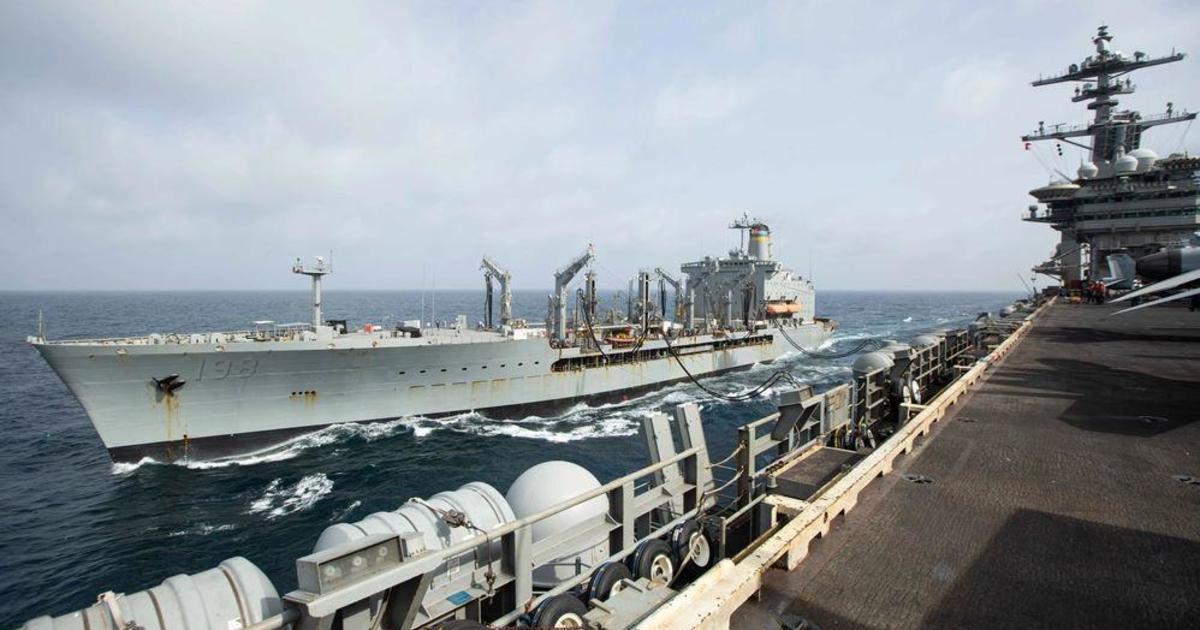With Vladimir Putin issuing another thinly veiled nuclear threat to the West, I’ve come to one of Moscow’s Cold War bunkers to gauge the mood.
The entrance is through an apparently ordinary building, not far from the Kremlin.
But inside, there are 18 flights of stairs, which take you 65m (213ft) underground and into a sprawling network of tunnels and chambers.
Almost immediately, it feels as though I’ve travelled back in time. There’s Soviet memorabilia everywhere, even a mannequin of Stalin.
Bunker-42 was built as a top secret command centre for Moscow’s strategic bombers, and it remained so until 1986.
It’s now a museum and my trip coincides with a Russian tour group.
So what do they think of Vladimir Putin’s latest threat – that Russia could hit the red button if struck by conventional weapons?
“Everyone is scared of a situation like this,” one man tells me. “But when you are surrounded by enemies on all sides, there are probably no options left.”
The museum serves as a reminder of how close the world came to nuclear war.
The group’s faces are lit up in the darkness by a video of huge, mushroom-cloud explosions. But still, there appears no feeling among them that Russia is acting irresponsibly.
“In a situation like ours now, having nuclear weapons and not using them is equivalent to suicide,” says another man.
“I hope that the West will understand us correctly and stop interfering, back off.”
Is the Kremlin bluffing?
The current tensions are a long way from the Cuban Missile Crisis, but warnings coming from Moscow give a sense that history may be starting to repeat itself.
And the question now is the same as it was during the Cold War: Is the Kremlin bluffing or not?
After all, Russia’s red lines have been crossed before, since its full-scale invasion of Ukraine. The West has supplied missiles, battle tanks and fighter jets to Kyiv, all without escalation.
But this time, apparently, it’s different.
“Have you ever heard the old Russian proverb, that Russians are long to move, but then they move fast? That’s the case,” Maria Butina, a Russian MP, told me outside the State Duma.
So if Ukraine uses British Storm Shadow missiles to strike inside Russia, will Moscow “move fast” and nuke London?
Her answer: “Everything that is written in our nuclear doctrine, you should take very seriously.”
Nuclear threat is Russian ‘rhetoric’
But those outside Russia are not so sure.
“It’s rhetoric,” Sam Greene, Professor of Russian politics at King’s College London, told me.
“The indication is that Russia, for all of its bluster and for all of its aggression, does not want a nuclear conflict with the West, or even a conventional conflict with NATO, any more than the West wants that sort of conflict with Russia.
“The point of this is to make it more difficult for Western policymakers to settle on a course of action.”
Read more from Sky News:
Analysis: Netanyahu’s UN speech had passion and props
Chinese firms accused of supplying Russia with attack drones
Trump claims Ukraine won’t do deal to end war
Meanwhile, back in the bunker, the tour wraps up with a simulation of what would’ve happened in the event of a nuclear attack.
The tunnel is plunged into darkness. A siren blares. Red lights flash. Then a voice announces the destruction of Moscow after an enemy strike.
But the only one threatening this course now, of course, is Russia itself.
#Russia #issues #nuclear #threat #Putin #bluffing #World #News








